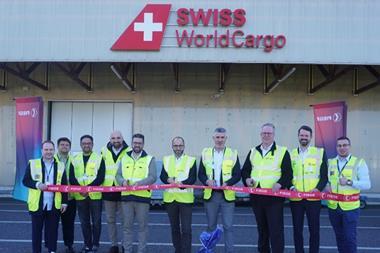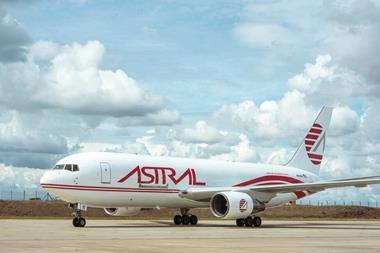Lufthansa Group pilots have announced they will extend their strike into Wednesday, this time targeting medium and short-haul routes.
The Vereinigung Cockpit (VC) union said that all departures from Germany which use the aircraft types Airbus 320 Family, Boeing 737 and Embraer, effectively the airlines short and medium-haul aircraft, would be affected.
In addition, the union said, all Germanwings flights, which aim to replace Lufthansa flights, would be affected.
The industrial action will last 24 hours, starting on Wednesday morning and follows on from today’s strike.
VC said the current strike would affect all Airbus 380, A330 and A340 and Boeing 747 flights and all flights by Lufthansa Cargo from Germany on long-haul routes.
However, the German airline later issued a timetable of flight times for today, which showed that 84 out of a total of 170 long-haul flights and all seven planned cargo flights would operate today as planned.
The strikes come as negotiations continue between the airline and union over cost reduction measures.
The union said the airline had rejected a proposal to reduce costs by €500m under the condition that aircraft and pilots would not be transferred to low-cost subsidiaries in Germany and abroad at an early September meeting.
“Rejecting savings of more than half a billion Euros is a clear sign to VC, that Lufthansa is not interested in solving the present conflict with its pilots but instead continues to outsource jobs,” the union said on Monday.
“VC is extremely disappointed by this decision. In early July, an attempt to solve the current conflict by arbitration failed as well.”
Lufthansa Cargo has been contacted for comment.
The German company is not the only airline set for difficult negotiations with unions. Air France KLM is currently embarking on a cost reduction programme and is holding talks with its unions.
During the announcement of its half-year results, the airline said it would need to significantly reduce its long-haul network if an agreement could not be reached.
News reports suggest this could see up to 10% of its long-haul network cut by 2017.










